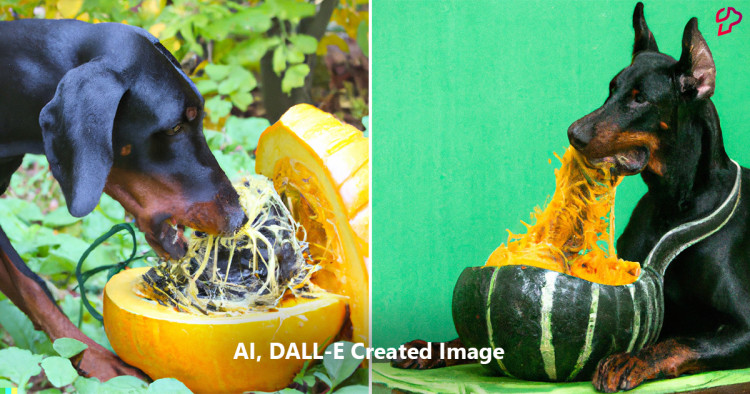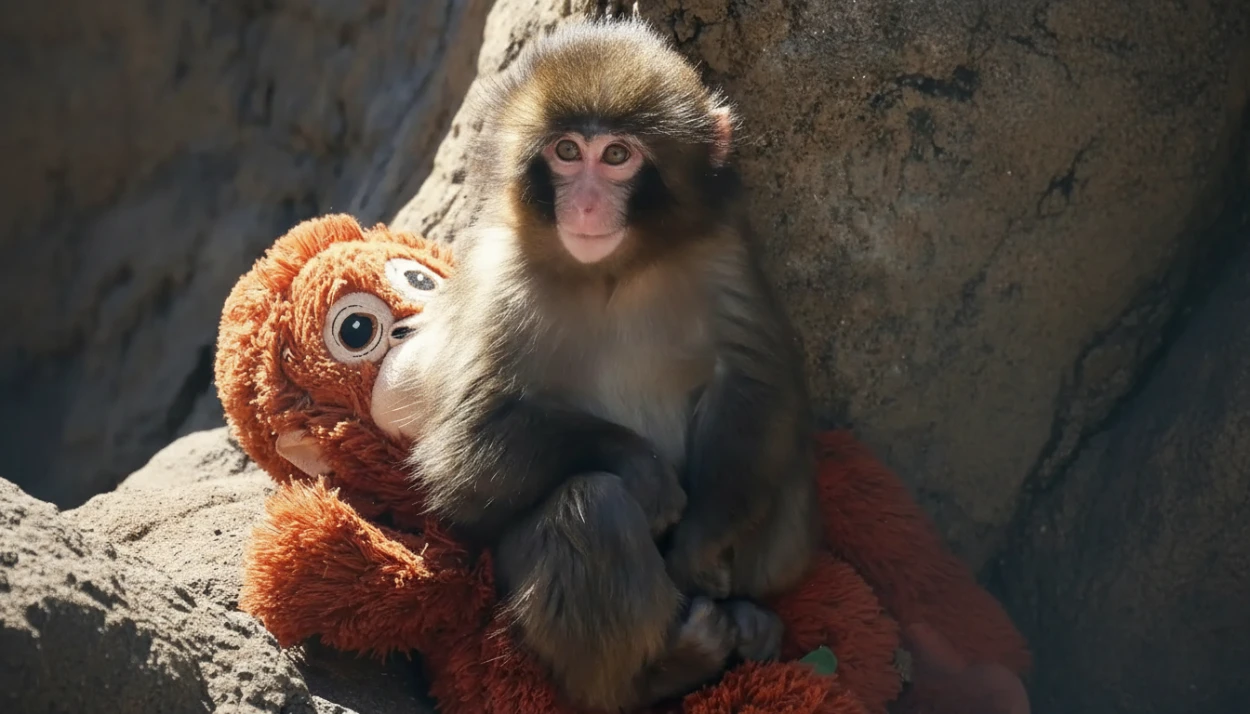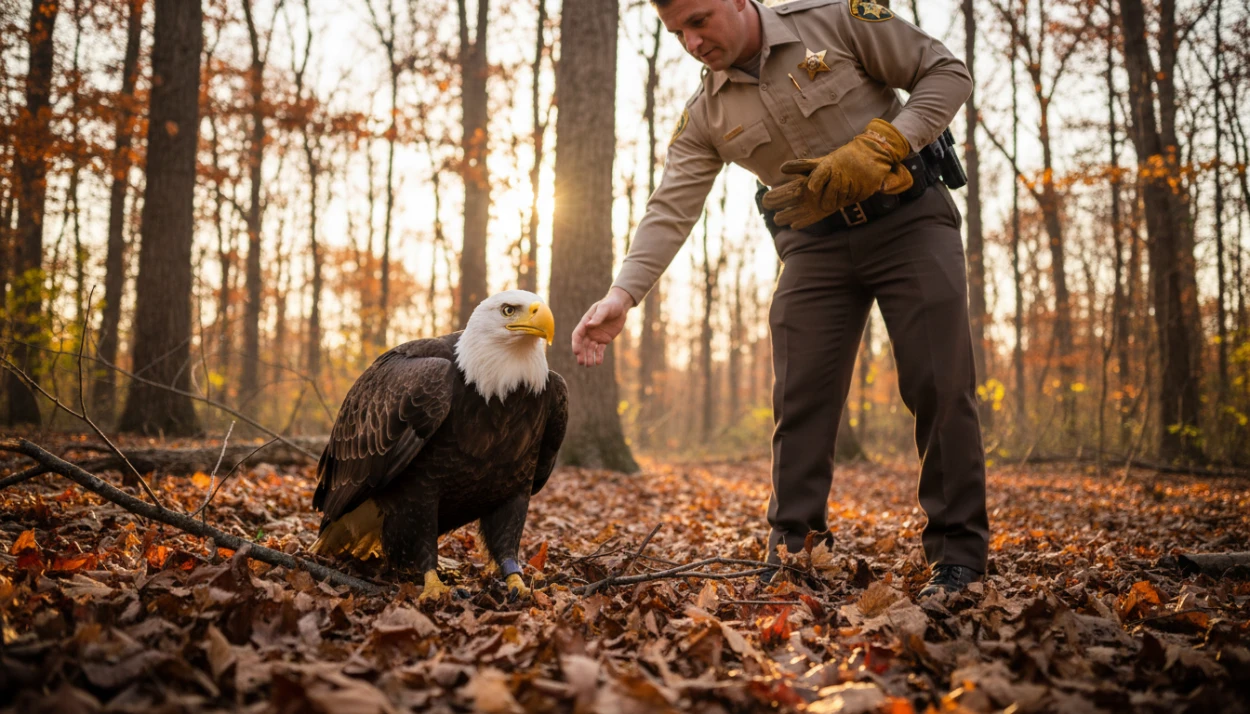If you're looking for a nutritious and delicious way to feed your pup, look no further than spaghetti squash! This low-calorie, high-fiber vegetable is packed with vitamins, minerals, and antioxidants, making it a great addition to your dog's diet. In this article, we'll discuss the benefits of feeding your dog spaghetti squash, how to prepare it, what to look for when buying it, and more. Keep reading to learn more about this nutritious vegetable and how it can benefit your pup!

1. The Benefits of Feeding Your Dog Spaghetti Squash
Spaghetti squash is a great addition to your dog's diet. It is low in calories and fat, but high in fiber and vitamins. It is also a great source of antioxidants and minerals, such as magnesium, potassium, and calcium. Spaghetti squash is also a good source of beta-carotene, which can help protect your dog's eyesight. Additionally, the high fiber content of spaghetti squash can help keep your dog's digestive system healthy.
2. Is Spaghetti Squash Safe for Dogs to Eat?
Yes, spaghetti squash is generally safe for dogs to eat. However, it is important to make sure that the squash is cooked properly before feeding it to your dog. Raw squash can be difficult for dogs to digest and can cause stomach upset. Additionally, it is important to make sure that the squash is not seasoned with any spices or sauces that could be harmful to your dog.
3. How to Prepare Spaghetti Squash for Your Dog
The best way to prepare spaghetti squash for your dog is to bake it in the oven. Preheat the oven to 375 degrees Fahrenheit and line a baking sheet with parchment paper. Cut the squash in half lengthwise and scoop out the seeds. Place the squash cut-side down on the baking sheet and bake for 30-40 minutes, or until the squash is tender. Once the squash is cooked, let it cool before serving it to your dog.
4. What to Look for When Buying Spaghetti Squash for Your Dog
When buying spaghetti squash for your dog, look for squash that is firm and has a bright yellow-orange color. Avoid squash that is soft or has any dark spots or blemishes. Additionally, make sure to check the label to make sure that the squash has not been treated with any pesticides or other chemicals.
5. The Nutritional Value of Spaghetti Squash for Dogs
Spaghetti squash is a great source of nutrition for your dog. It is low in calories and fat, but high in fiber and vitamins. It is also a good source of antioxidants and minerals, such as magnesium, potassium, and calcium. Additionally, the high fiber content of spaghetti squash can help keep your dog's digestive system healthy.
6. How to Tell if Your Dog is Allergic to Spaghetti Squash
If your dog is allergic to spaghetti squash, it may experience symptoms such as vomiting, diarrhea, or skin irritation. If you suspect that your dog is allergic to spaghetti squash, it is important to stop feeding it to them and consult your veterinarian.
7. Tips for Introducing Spaghetti Squash to Your Dog's Diet
When introducing spaghetti squash to your dog's diet, it is important to start slowly. Start by adding a small amount of cooked squash to your dog's regular food and gradually increase the amount over time. Additionally, make sure to monitor your dog for any signs of an allergic reaction.
8. What to Do if Your Dog Doesn't Like Spaghetti Squash
If your dog doesn't seem to like spaghetti squash, there are a few things you can do. Try adding some of your dog's favorite foods to the squash, such as cooked chicken or cheese. You can also try mashing the squash and adding it to your dog's food. Additionally, you can try adding some broth or gravy to the squash to make it more appealing.
9. How to Store Spaghetti Squash for Your Dog
Cooked spaghetti squash can be stored in an airtight container in the refrigerator for up to five days. You can also freeze cooked spaghetti squash for up to three months. When reheating the squash, make sure to heat it until it is steaming hot before serving it to your dog.
10. The Best Ways to Cook Spaghetti Squash for Your Dog
The best way to cook spaghetti squash for your dog is to bake it in the oven. Preheat the oven to 375 degrees Fahrenheit and line a baking sheet with parchment paper. Cut the squash in half lengthwise and scoop out the seeds. Place the squash cut-side down on the baking sheet and bake for 30-40 minutes, or until the squash is tender. Once the squash is cooked, let it cool before serving it to your dog.









